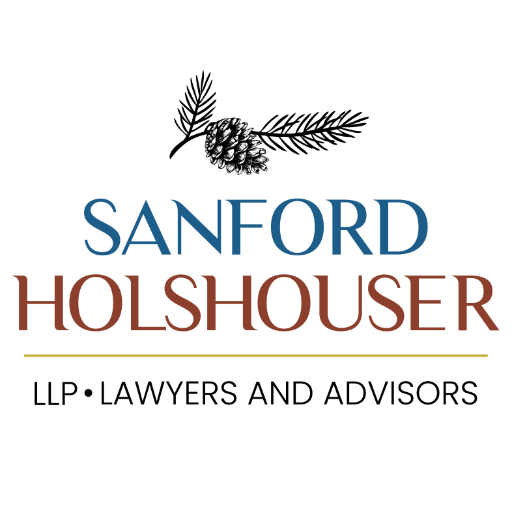Arts and cultural community organizations are popping up in hometowns all across North Carolina. These organizations can stimulate economic development and community involvement while providing arts and cultural experiences for residents of all ages. Arts centers are a vital step in the natural progression of a community and provide a space for its members to come together. Sanford Holshouser works these community organizations to secure 501(c)(3) status and strengthen the group’s organizational structure through trainings focused on board effectiveness and legal compliance.
Arts and Culture in your Community
A community’s arts and culture assets are important elements of economic development. Recognizing and marketing these community assets can attract a strong workforce and successful firms, as well as help sustain a positive quality of life. Arts-driven community economic development helps communities to capitalize on the assets that make them globally unique to stimulate and revitalize their economies and communities.
Arts and cultural activities draw crowds from within and around the community. These activities increase the number of visitors and also enhance resident participation to stimulate economic development and community involvement. Locating these activities downtown increases attention and foot traffic to the area, which will attract more visitors and increase the length of time and money they spend in the area. Similarly, the presence of public art throughout the community and related streetscape amenities (such as murals and artistic benches) are further ways to attract pedestrians.
Communities can also develop creative ways to transform vacant or underutilized spaces into artistic and cultural centers. For example, some communities promote creative activity in vacant retail windows and storefronts as a revitalization tool.
Arts and Culture Partnerships
Economic redevelopment projects take time, often lasting several years. One way to promote this type of sustainable economic development is by establishing opportunities for partnerships across different economic sectors and types of people and organizations. Artistic and cultural talents can enhance the value of local products and services. These partnerships begin with economic groups that are closely related or have shared interests in the community’s revitalization. Successful partnerships are multifaceted and require private involvement from businesses and property owners as well as community and local government participation. Once these partnerships are established, neighboring organizations can take advantage of shared interests, relationships, and economies in an extended effort to promote community economic development.
The foundation of prosperous partnerships begins with structurally sound organizations and community groups. Serving on a community organization board is one of the most challenging and rewarding volunteer experiences. Having a board with effective decision-making can strengthen a nonprofit organization in many ways, including: performing tasks of the organization, supporting the organization’s work in the community, bringing in resources, and fundraising. Board members have important duties and responsibilities requiring time commitment, particular skills, talents and resources.
Organizations, Bylaws, and Training
For a nonprofit corporation to be an effective partner of local governments and other nonprofits, it first needs to be an effective organization in its own right. This means at least the following: (1) keeping its legal housekeeping in order with bylaws that reflect the mission and the realities of its operations; (2) keeping squeaky-clean records and avoiding conflicts of interest; (3) clearly defining roles among members; and (4) continued training of board members.
Bylaws are the rules by which the organization is governed. Well written bylaws and adherence to them can help ensure the fairness of board decisions and provide protection against legal challenges. Bylaws are legal documents and have legal requirements. It is important ensure that your bylaws are consistent with state law and your organization’s mission and vision.
Similarly, training is an essential part of success for any board. The strength of a community organization is in its board. Educated board members can make a significant difference in a establishing thriving and successful organization. However, very few of those serving as board members have ever received any formal training or education regarding how to be an effective board member. Without proper training, strong board knowledge and identity, board members can perpetuate bad habits and poor management.
There are distinctions to proper board governance and management. For example, all board members should undergo board training on a regular basis. New board members should receive proper board training at the start of their board term. Without proper training, poor management style gets institutionalized on the board and becomes regular board practice undermining sustainability, strong working relationships between board members and staff, miscommunication, and resentment, potentially culminating in overall organizational negligence and mismanagement and legal liability.
To learn more about how SH can help strengthen your community groups’ organizational structures and ensure legal compliance to jumpstart community economic development in your hometown, contact Ashley Anderson on (919) 524-2096 or any of our attorneys. We’d be delighted to come meet you in your community on a no-cost, no-obligations basis to see how we can help.

